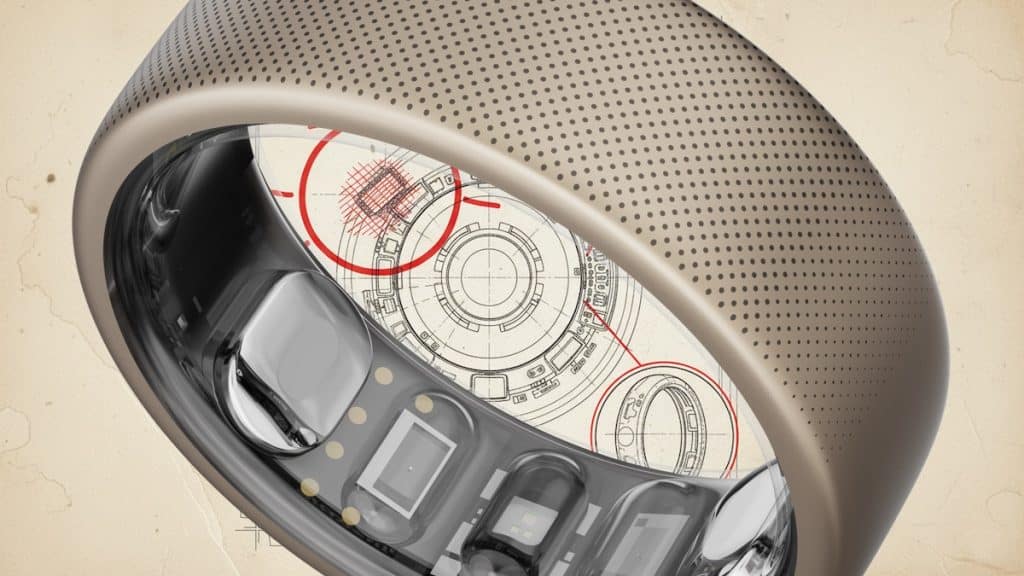
Why the Amazfit Helio Ring just became Oura’s latest target
Oura has filed three new patent infringement lawsuits in the Eastern District of Texas against Zepp Health, Reebok and Noise. These legal actions, filed on November 17, represent the Finnish company’s latest effort to enforce its patent portfolio against emerging smart ring competitors.
The most notable target in this new batch is Zepp Health, the company behind the Amazfit brand. You probably know them for their value-packed running watches, but they also recently launched the Amazfit Helio Ring. This device is a direct competitor to the Oura Ring, featuring a titanium alloy shell and a heavy focus on athletic recovery without a monthly subscription.
This legal offensive also includes Reebok and Noise. Reebok has launched its first smart ring only a month ago. The suit against Noise, on the other hand, aims to block the Indian wearable giant from selling its Luna Ring on the American shores.
The choice of the Eastern District of Texas is tactical. This venue has a reputation for being friendly to patent holders and moving cases along quickly.
A clear pattern of enforcement
We have seen this playbook before. Oura recently secured a licensing deal with RingConn following a similar legal threat. RingConn now pays royalties to Oura, which allows them to keep selling their hardware. The pattern of settlements suggests that Oura’s ultimate goal is to present companies with a choice: agree to a licensing fee and continue operating, or face expensive litigation that could lead to a total sales ban.
The situation with Ultrahuman is different. They fought back and lost the initial round at the International Trade Commission. The ITC issued an exclusion order that effectively bans the import of Ultrahuman rings into the US. However, Ultrahuman has not given up. They have filed an appeal with the US Court of Appeals for the Federal Circuit to overturn that ban.

The elephant in the room
You might notice one glaring omission from this list of lawsuits. Samsung remains untouched for now. The South Korean giant launched the Galaxy Ring with much fanfare. Samsung actually tried to preempt this by suing Oura first, asking a court to declare their ring did not infringe on any patents. A judge dismissed that case in March because Oura had not actively threatened Samsung yet.
It appears Oura is biding its time. Strategically, it makes sense to secure victories or settlements against smaller players like Zepp, Noise and Ultrahuman first. These victories and settlements help validate their patents and strengthen their portfolio’s perceived validity.
What this means for the market
This aggressive litigation strategy raises concerns that innovation in the smart ring space could slow down. If every competitor is required to pay a licensing fee to Oura, margins will shrink, limiting the availability of budget-friendly options.
We are watching the smart ring market turn into a minefield. Oura obviously feels that its intellectual property covers the fundamental architecture of how a smart ring works, specifically regarding battery placement and sensor housing. Until a court invalidates those patents or competitors find ways to design around them, Oura holds all the cards.
This article originally appeared on Gadgets & Wearables, the first media outlet to report the story.
Subscribe to our monthly newsletter! Check out our YouTube channel.
And of course, you can follow Gadgets & Wearables on Google News and add us as a preferred source to get our expert news, reviews, and opinion in your feeds.
